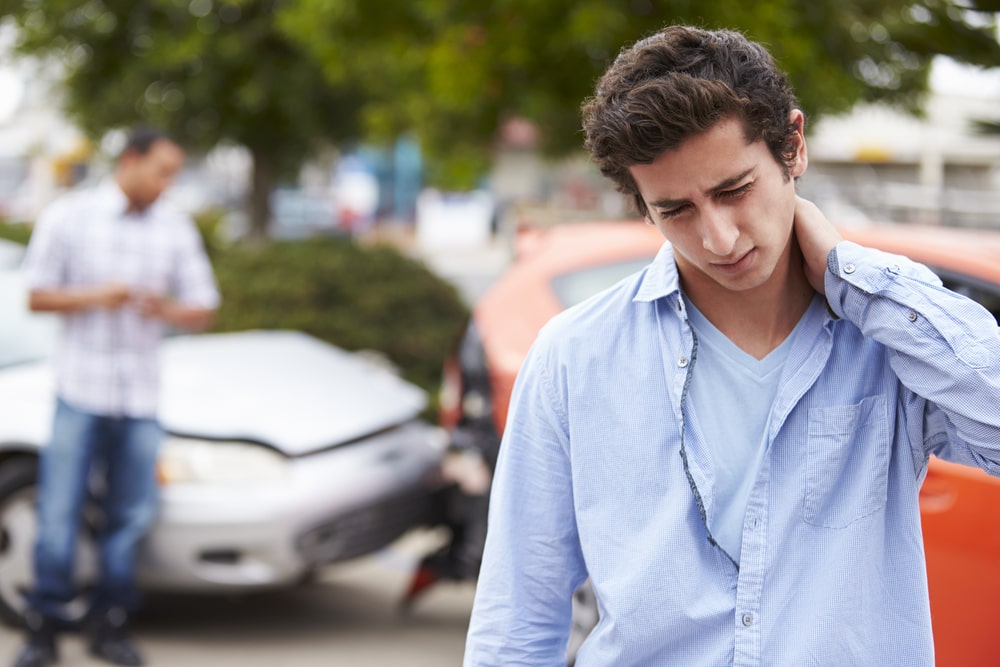When An Accident Involves A Borrowed Vehicle

Borrowing a car is common, whether it’s for a quick errand, a trip out of town, or because your own vehicle is in the shop. But when a crash happens in a borrowed car, things can get more complicated than many people expect as a Hartford, CT car accident lawyer can attest. The question of who is responsible, how insurance applies, and what legal steps to take can become unclear fast. That’s where it helps to have the right legal support, especially when the situation feels unfamiliar.
How Insurance Applies When You Drive Someone Else’s Car
Car insurance typically follows the vehicle, not the driver. That means when you borrow a friend’s or family member’s car and are involved in an accident, their auto insurance is likely the first one to apply. If the damages exceed the coverage limits of the vehicle owner’s policy, your own insurance — if you have one — might come into play as secondary coverage. However, things like excluded drivers, lack of permission, or non-standard policies can complicate how coverage applies.
In some cases, insurance carriers may dispute responsibility or delay payouts while sorting out which policy applies. If the person borrowing the car did not have permission to use it, or if they were using it for business purposes that weren’t disclosed, coverage might even be denied. This can leave all parties involved unsure of their next step, especially if injuries are involved or if the damage was significant. Another example would be what caused the accident, if weather caused the accident or another vehicle did, this can affect whether or not the insurance company provides coverage.
Owner Liability Versus Driver Liability
If someone borrows a car and causes an accident, the injured party may file a claim against the car owner’s insurance. However, depending on the details of the accident, both the driver and the vehicle owner might share liability. For example, if the owner knew the driver was unlicensed, impaired, or reckless and still allowed them to take the wheel, this could open the door to additional legal claims against the owner.
On the other hand, if the driver had a history of safe driving and the accident was simply an unfortunate event, the focus may be entirely on the driver’s actions behind the wheel. Each case will depend on specific details, including witness statements, police reports, and insurance documents. That is why it is so important to work with a lawyer who is familiar with all the laws and how they apply to your specific situation.
Why Legal Experience Matters
These situations often involve several moving parts — multiple insurance carriers, conflicting accounts, and uncertain liability. That’s why legal experience in car accident claims involving borrowed vehicles can make a difference. We’ve handled many types of auto accident cases, and we understand how these types of scenarios develop.
Our firm has a Rated Attorney as Lead Counsel, which reflects our ability to handle complex claims with professionalism and results. We’re also proud to have received a peer rating for the Highest Level of Professional Excellence from Martindale-Hubbell. If you are wondering when to seek legal help in a case like this, the answer is immediately!
What To Do After A Crash In A Borrowed Vehicle
After any accident, the most important step is safety. Once that’s addressed, gathering details quickly — such as photos, insurance info, and any witness contacts — is important. Inform both the vehicle owner and your own insurance provider. If you’re unsure of how to proceed, or if there’s a dispute about fault or coverage, it’s a good time to reach out for legal guidance. When an accident happens in a borrowed car, don’t try to figure it out alone. Contact us today at Brown Paindiris & Scott, LLP for help!







